Concrete Floors in Homes: Modern, Durable and Customizable
Concrete flooring is becoming a popular choice for modern homes because it's durable, cost-effective, and versatile in style. Traditionally used in...
9 min read
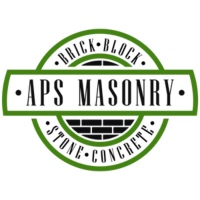 Alec Serowatka
:
Jan 1, 2024 1:48:19 PM
Alec Serowatka
:
Jan 1, 2024 1:48:19 PM
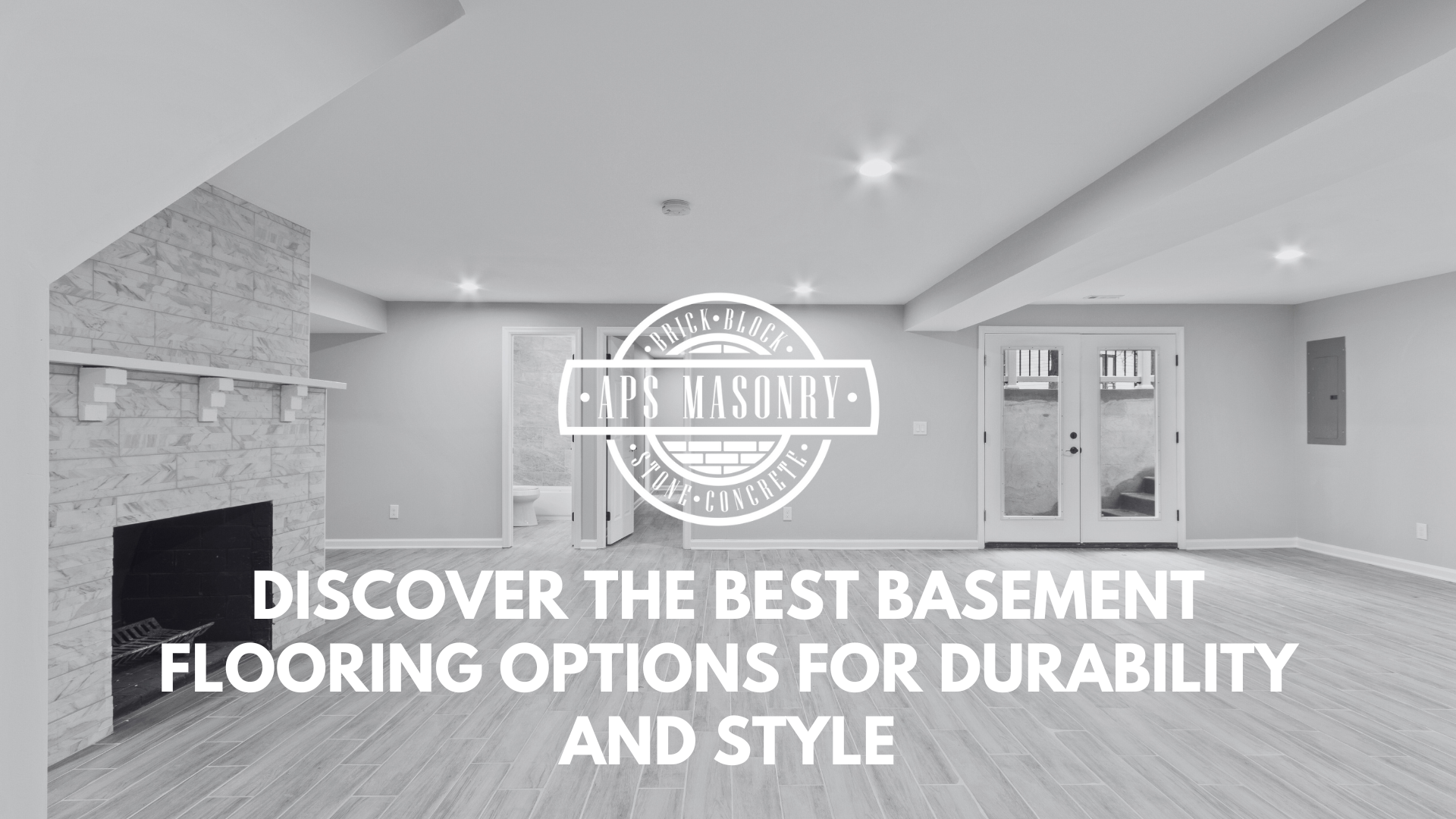
Finding the right basement flooring involves balancing durability, style, and moisture resistance. This guide discusses the best options for basement floors, including luxury vinyl plank, ceramic and porcelain tiles, and epoxy flooring. These materials are waterproof and easy to maintain, making them great for damp environments. If you prefer warmer, more comfortable flooring, carpeting and cork are good choices.
To choose the best flooring, consider moisture levels, how you'll use the basement, and your budget. Waterproof flooring is ideal for damp basements, while warm flooring works well for living spaces or playrooms. Budget-friendly options like concrete staining or laminate flooring can give you a stylish look without a high price. The key is to find flooring that suits your basement's specific needs.
Your beautiful new floor is ruined by moisture seepage from the concrete below. A nightmare, right? But you can avoid such a disaster with the best basement flooring options.
.jpg?width=588&height=331&name=APS%20M%20Template%20(7).jpg)
The selection of the perfect basement flooring begins by assessing the specific needs of your basement. This includes considering factors such as:
Understanding these aspects will help you select flooring that not only improves the aesthetic appeal of your basement but also stands up to its unique challenges.
For example, the concrete-on-soil structure of basements typically makes them more humid than other areas in a house. This means that moisture-resistant basement flooring materials such as luxury vinyl or porcelain tile flooring are a smart choice for basement environments.
In contrast, a basement used for storage may not need such high-end options, making budget-friendly options like vinyl basement flooring a practical choice. Ultimately, the best flooring for basements depends on carefully evaluating your basement’s specific requirements and budget.
Managing moisture levels is a significant hurdle while installing basement flooring. Basements, especially concrete floors, are prone to moisture seepage from the underlying soil. This causes substantial damage to floors that aren’t water-resistant.
Wondering how to measure moisture levels in your basement? There are a variety of methods available. These include:
Choosing flooring materials suitable for high moisture environments, such as vinyl basement flooring or epoxy paint, also helps protect your floors from moisture damage.
Beyond moisture levels, your intended use for the basement should also influence your flooring decision. For example, if you’re turning it into a playroom, you might want to consider flooring options that are durable and easy to clean, such as laminate or vinyl. Rubber flooring could be an excellent choice for a home gym because of its durability, slip-resistance, and ease of cleaning.
On the other hand, if you’re planning to convert your basement into a living area, you’ll need to consider comfort and durability. In this case, options like luxury vinyl flooring, vinyl plank, and carpet might be suitable. They offer waterproof, mold-resistant, and durable features, making them well-suited for basement environments.
Lastly, and equally important, is the consideration of your budget. While it’s easy to get carried away with all the beautiful flooring options, keeping your budget in mind is important. After all, you don’t want to spend all your money on the floor and have nothing left for the rest of your basement remodel.
Fortunately, many cost-effective basement flooring options offer a balance between cost and quality. For example, vinyl planks and sheet vinyl are known for their:
Painted concrete and luxury vinyl plank (LVP) are also considered budget-friendly choices for basement flooring.
The expenses linked with installing different types of basement flooring fluctuate. Typically, homeowners should anticipate spending between $2 and $10 per square foot for materials and installation. Nevertheless, variables such as the chosen flooring type and the basement’s size will influence the precise cost.
Having considered how to evaluate your basement’s needs, let’s explore some particular flooring choices. First up are waterproof flooring options. These are particularly suited to basements because of their ability to withstand moisture, which, as we’ve already discussed, is a common issue in basements.
There are several excellent waterproof options for basement flooring, including luxury vinyl plank, ceramic and porcelain tile, and epoxy flooring. Each of these options has its own set of advantages.
For instance, luxury vinyl plank offers water resistance and superior sound-blocking properties, making it suitable for use in basement bathrooms. On the other hand, ceramic or porcelain tile is known for its durability, ease of maintenance, and ability to be installed directly on a concrete slab without requiring additional treatment.
Luxury vinyl plank (LVP) is a widely favored choice for basement flooring. A type of vinyl flooring, LVP features a printed image that mimics the look of hardwood flooring or stone, providing the aesthetic appeal of these materials without the associated cost or maintenance requirements.
In addition to its aesthetic appeal, LVP is engineered to be waterproof, making it well-suited for spaces susceptible to moisture, like bathrooms and basements. Furthermore, LVP is designed to withstand substantial household foot traffic, making it a resilient flooring choice for high-traffic areas. The average cost of installing LVP in a basement is approximately $2,400 per room, although prices fluctuate.
Ceramic tile or porcelain tile also serves as a remarkable waterproof alternative for basement flooring. These tiles are recognized for their water resistance, and they come in a wide range of colors, styles, and sizes, allowing for a high degree of customization.
Additionally, carpet tiles can be considered as another option for basement flooring. Vinyl tile flooring is yet another choice worth exploring for its durability and design versatility.
On top of their aesthetic versatility, ceramic and porcelain tiles are also known for their durability and ease of maintenance. They are installed directly on a concrete slab without additional treatment, making them a practical choice for basement flooring. The typical price range for ceramic and porcelain tiles is between $1 and $9.99 per square foot, although premium options like natural stone are usually more expensive.
Concluding our list of waterproof flooring options, epoxy flooring stands as a noteworthy mention. Known for its water-resistant and durable properties, epoxy flooring improves the appearance of concrete floors and protects against wear and tear.
One of the distinguishing features of epoxy flooring is its chemical resistance, which allows it to withstand spills and stains. It’s also durable and has a high impact resistance, making it a good choice for high-traffic areas. However, like ceramic and porcelain tiles, epoxy flooring feels cold underfoot, which is something to keep in mind if you use your basement as a living space.
While waterproofing is a key consideration when choosing basement flooring, it’s not the only factor to consider. Particularly if you’re planning to use your basement as a living space, you’ll also want to consider:
Considering comfort and warmth, carpeting and cork flooring deliver excellently. Both are popular choices for living areas and bedrooms, and they work well in a basement with the right moisture management. Carpeting is often used in basements to create a cozier ambiance, while cork flooring is recognized as the warmest flooring option for basements, contributing to a comfortable and inviting environment.
Carpeting is a great way to add warmth and comfort to your basement. Here are some benefits of carpeting:
However, it’s important to note that carpeting is challenging to maintain, particularly in a basement environment. It’s susceptible to moisture damage and may require regular professional cleaning. However, carpeting lasts up to ten years in a completely dry basement.
Cork is another choice that provides comfort and warmth for your basement flooring. Made from the bark of the cork oak tree, cork flooring is not only soft and warm underfoot but also eco-friendly.
In addition to its comfort and eco-friendliness, cork flooring is known for its durability and low maintenance. It’s resistant to mold and rot and easy to clean. However, cork is vulnerable to dents and scratches and expands and buckles due to heat.
Despite these potential drawbacks, cork flooring is a great choice for basements used as playrooms or living spaces.
Despite the importance of comfort and warmth, durability and maintenance shouldn’t be overlooked when choosing basement flooring. After all, you want your new floor to last and don’t want to spend all your time maintaining it.
Regarding durability and low maintenance, two options are engineered wood and rubber flooring. Engineered wood is a moisture-resistant alternative to solid hardwood flooring, making it a good basement option. On the other hand, the rubber flooring is extremely durable and easy to clean, making it ideal for basements used as home gyms or playrooms.
If you favor hardwood aesthetics but require more moisture resistance for your basement, engineered wood flooring is an excellent selection. It comprises a hardwood veneer top layer for aesthetics and several layers of plywood or HDF underneath for stability and strength. This layered structure helps to resist moisture, reducing the expansion and contraction often associated with solid hardwood flooring.
In addition to its moisture resistance, engineered wood flooring offers durability and sound absorption capabilities. It’s a cost-effective option, making it a durable and attractive flooring option for basement settings.
Rubber flooring might be the perfect fit if your basement is intended to serve as a home gym or playroom. This type of flooring is not only durable and easy to clean, but it’s also very resistant to moisture.
One of the great things about rubber flooring is it's long-lasting. Its lifespan is approximately 50 years, making it a resilient and long-lasting option. Plus, it’s relatively low maintenance. Sweep and mop it regularly to keep it looking great.
For those seeking a unique touch for their basement flooring or working within a limited budget, copious creative and cost-effective solutions are available.
Two options that offer both affordability and creativity are concrete staining and painting, and laminate flooring. Concrete staining and painting can transform a plain concrete slab into a visually appealing floor, while laminate flooring provides a cost-effective solution for covering concrete floors without exceeding budget constraints.
For an economical way to boost the appeal of your concrete basement floor, consider concrete staining and painting. With a bit of creativity, you can turn a plain concrete slab into a stylish floor that complements the overall design of your basement.
Before you start staining or painting your concrete floor, properly preparing the surface is important. This involves:
Once your floor is properly prepared, you apply the stain or paint and enjoy your new, budget-friendly basement floor.
Laminate flooring also presents a cost-effective alternative for basement flooring. It comprises a particleboard wood base topped by an image layer and a transparent wear layer. This construction allows laminate flooring to mimic the look of hardwood or stone but at a fraction of the cost.
In addition to its affordability, laminate flooring is also known for its:
However, like all flooring options, it does have some drawbacks. One of the main ones is its susceptibility to moisture damage, which causes warping in damp environments.
But with proper moisture management, laminate flooring is a great basement option.
Selecting the right basement flooring is merely the beginning. Proper installation and maintenance are vital to guarantee your new floor’s longevity and aesthetics.
This starts with preparing the subfloor. A clean, level and dry subfloor is crucial for successful flooring installation. You also need to manage any moisture issues in your basement to prevent damage to your new floor. Your basement floor will last many years with the right preparation and maintenance.
Subfloor preparation is a prerequisite before installing your new basement floor. This involves making sure the subfloor is clean, level, and dry. Applying a floor sealer to the basement floor is also a good idea for added protection.
The type of subfloor you choose also affects the success of your flooring installation. Several types of subfloor materials are available, including:
Each option has its own benefits and drawbacks, so it’s important to choose the one that best suits your needs.
Lastly, all moisture issues in your basement must be addressed. As we’ve discussed, basements are prone to moisture due to their concrete-on-soil structure, and this causes damage to your flooring if not properly managed.
There are several ways to manage moisture in your basement. One is to use a waterproofing sealant on your basement floor. Another effective technique is a Crystalline Slurry Compound, which can penetrate the concrete’s pores and offer waterproofing. You can protect your basement floor and prolong its lifespan by effectively managing moisture.
Choosing the right flooring for your basement is an important decision that affects your space's functionality and aesthetic appeal. Whether you opt for waterproof options like luxury vinyl plank, ceramic and porcelain tile, epoxy flooring or comfortable and warm options such as carpeting and cork flooring, the key is to consider your basement’s unique needs and challenges.
Preparing the subfloor and managing moisture issues are key to a successful basement flooring installation and maintenance. With the right choice and care, your basement floor will remain beautiful and functional for many years.
The best type of flooring for a basement is luxury vinyl flooring, as it is waterproof, mold-resistant, and durable. Other suitable options include engineered wood, rubber, marine-grade carpet, and porcelain or ceramic tiles.
The cheapest floor option for a basement is to consider using the existing concrete flooring and giving it a good cleaning or potentially grinding down rough spots. Adding throw rugs or carpet tiles adds warmth and softness in specific areas.
It's better to have luxury vinyl plank flooring (LVP) in the basement, as it is waterproof, durable, and relatively inexpensive, making it a versatile option for a concrete basement floor.
Before applying stain to concrete, make sure to clean the surface thoroughly, remove any old stain, paint, or sealer, and conduct a test to ensure the desired coverage and color satisfaction.
To manage moisture in your basement, consider using a waterproofing sealant or applying a Crystalline Slurry Compound to penetrate the concrete's pores for waterproofing. These solutions help address moisture issues effectively.
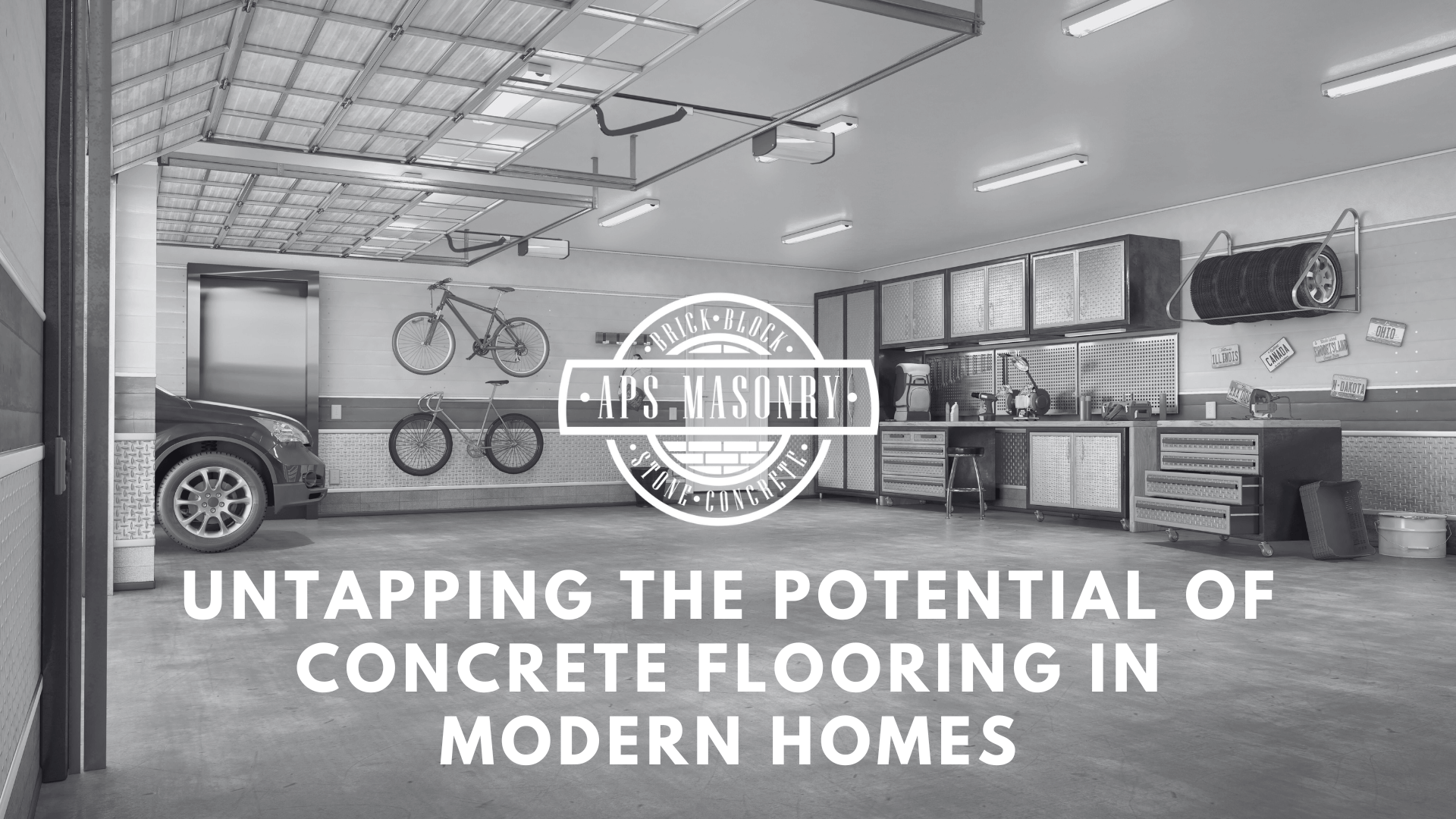
Concrete flooring is becoming a popular choice for modern homes because it's durable, cost-effective, and versatile in style. Traditionally used in...
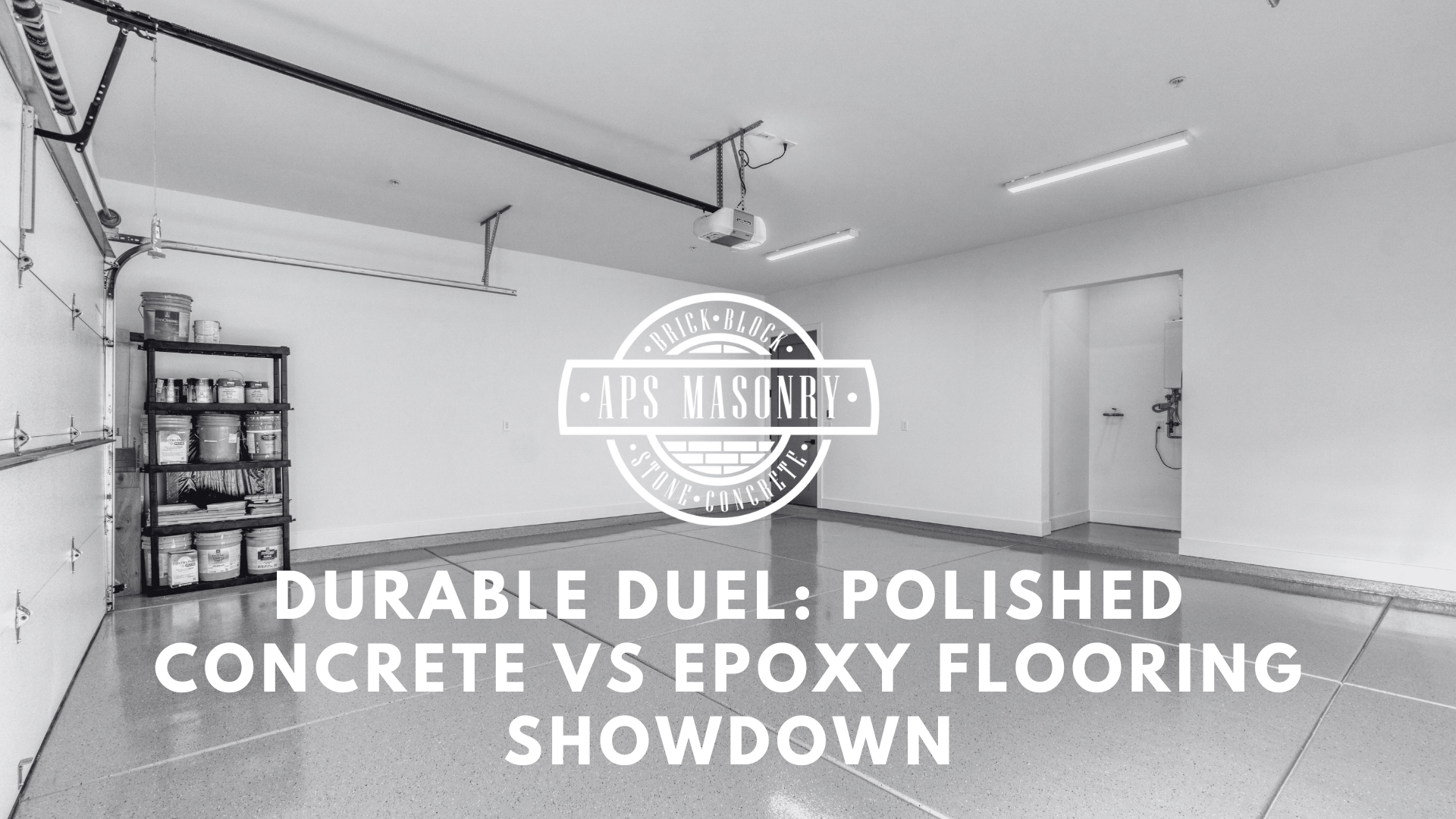
1 min read
Polished concrete and epoxy flooring are two popular options for creating durable floors with a refined look. This guide helps you decide which is...
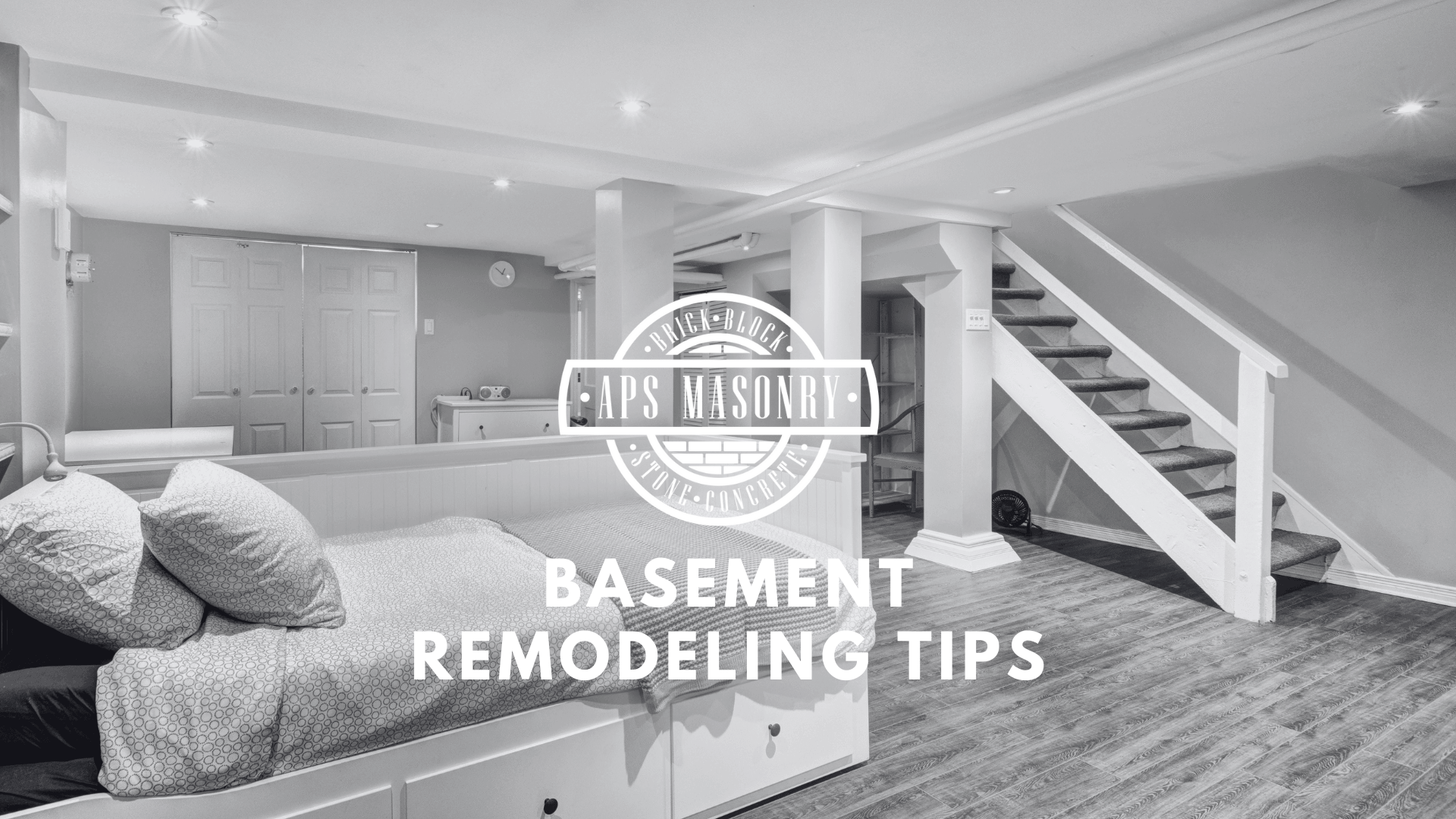
.